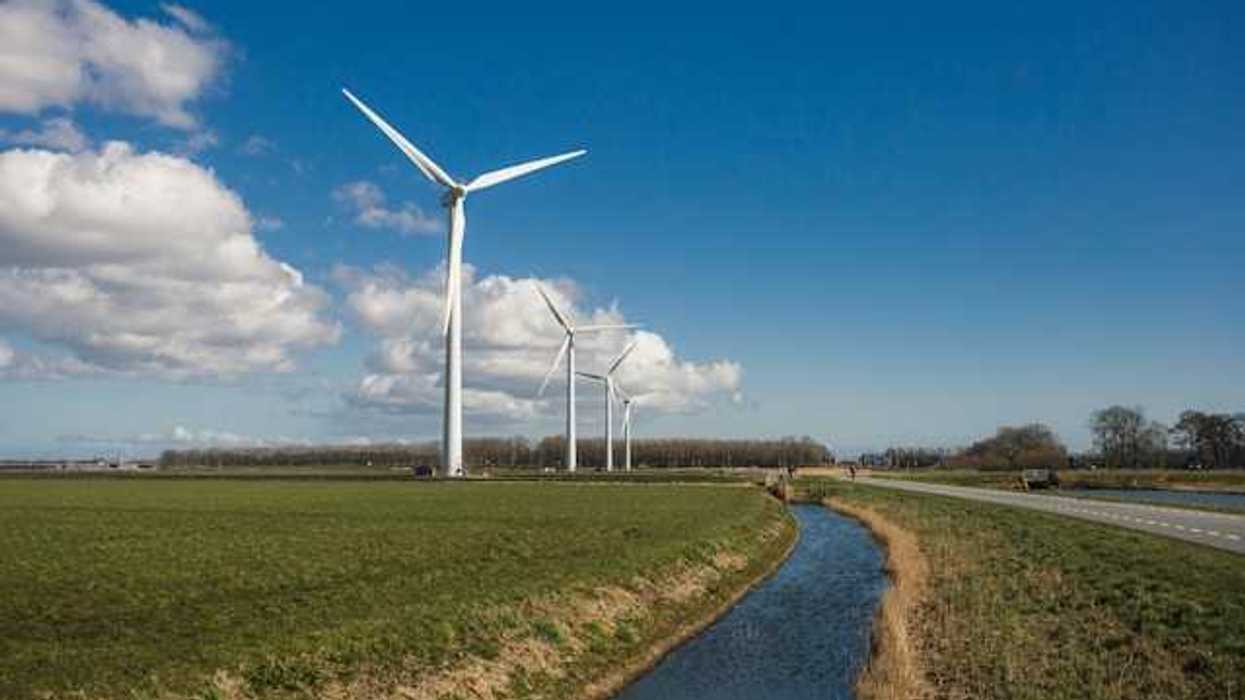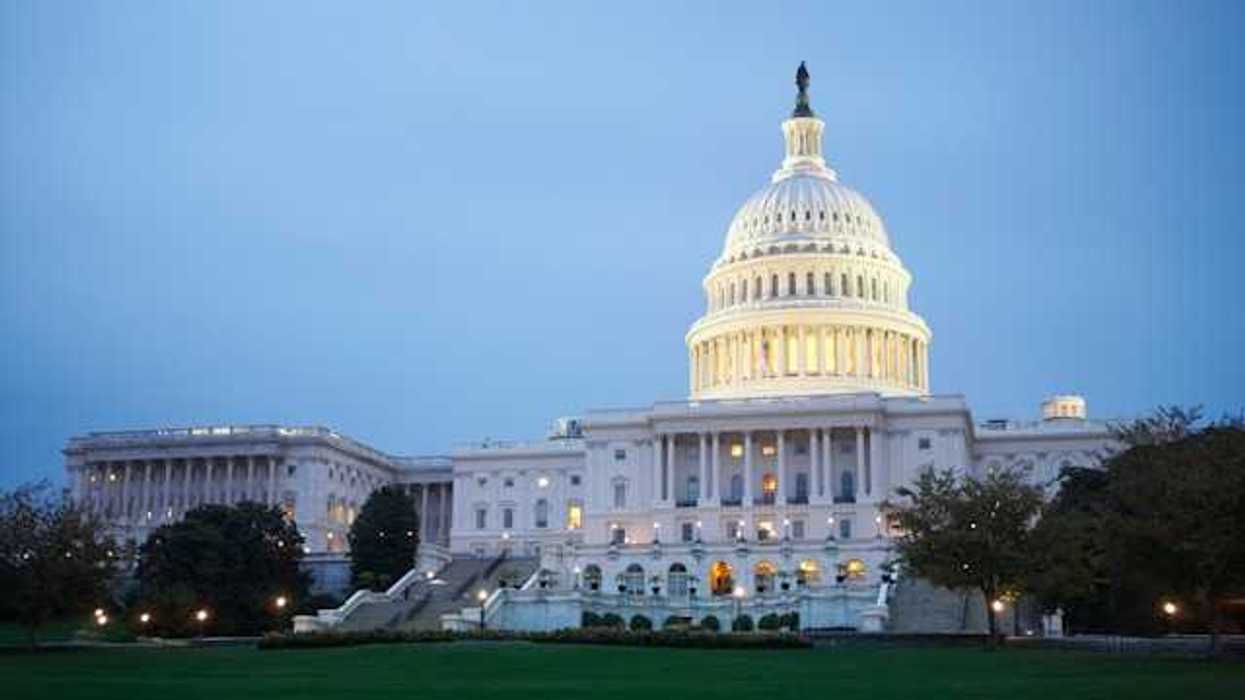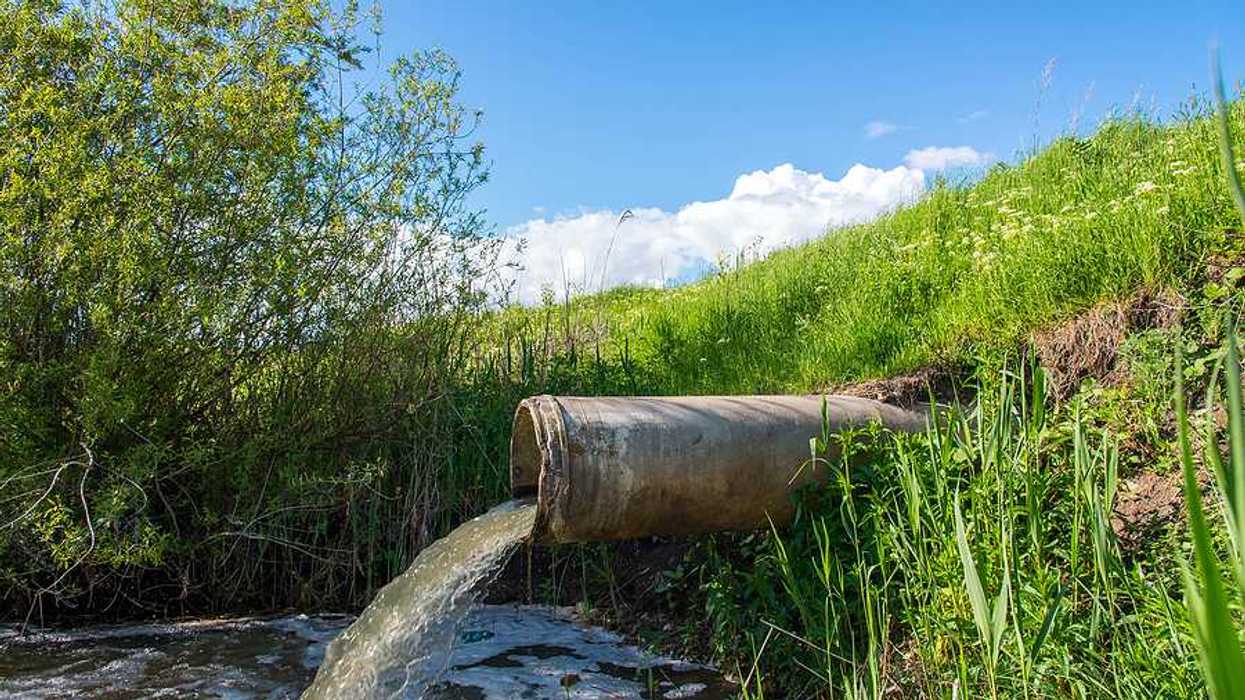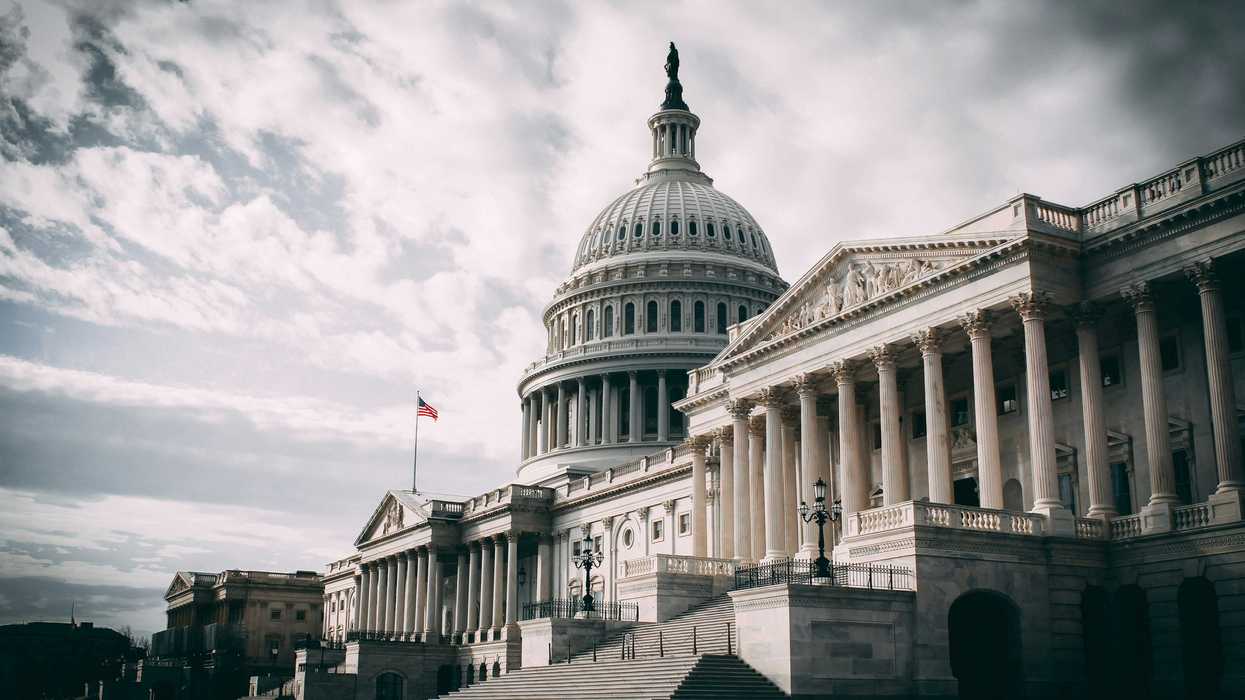On March 1, EHN published Fractured, a 4-part series documenting the results of a two-year study on fracking and health, which found high levels of toxic chemicals in the bodies of Pennsylvania families in fracking communities.
In response to the reporting, 35 lawmakers representing both the state House and Senate issued a public letter calling on Pennsylvania Governor Tom Wolf to take "immediate action in response to the ongoing harm" from fracking.
EHN sent a link to that letter, along with a brief summary of what our investigation found and a short list of questions to the Pennsylvania Department of Environmental Protection (PA DEP), the Pennsylvania Department of Health (PA DOH), and the Governor's office, and requested interviews with each agency.
Instead of agreeing to an interview or responding to our specific questions, DEP spokesperson Neil Shader sent the following statement on behalf of DEP, DOH, and Governor Wolf:
The governor is committed to upholding Pennsylvania's constitutional promise of clean air, pure water, and to protecting public health. The Wolf Administration inherited a flawed ideological approach to regulation of unconventional oil and gas development that was forced on the Departments of Environmental Protection (DEP) and Health (DOH) by the Corbett Administration, which promoted the rapid expansion of natural gas development and profit above these other priorities.
The administration, acting through DEP and DOH, has taken steps from its first days in office to meet this commitment, implementing new environmental regulations, fighting for a reasonable severance tax on natural gas, increasing inspections of well sites, pipelines and other natural gas facilities, and promoting transparency and science-based decision-making on the health impacts of natural gas development.
This administration has acted aggressively to address the previous administration's regulatory failures, remove restrictions on enforcement, and has put in place new regulations to hold natural gas companies to some of the most stringent environmental standards anywhere in the country in order to protect public health and the environment.
This change in approach under the Wolf Administration immediately produced results. In the four years of the Corbett Administration, DEP averaged 11,821 unconventional well inspections. In the Wolf Administration, this number has increased to 16,396 per year, a nearly 40 percent increase. Last year there were over 18,500 inspections conducted, nearly 7,000 more than the last year of the prior administration. These inspections resulted in 3,636 citations for violations through 2019.
Under Governor Wolf's leadership, as of early 2020, DEP has issued more than $67.5 million in penalties to oil and gas companies polluting Pennsylvania's land, water, and air. This total includes the largest civil penalty ever collected in a single settlement.
The Department of Health has also undertaken efforts to promote transparency related to the potential health impacts of natural gas development. This included removing Corbett Administration directives that prevented DOH from discussing complaints about fracking, establishing a transparent health registry, and more recently funding two research studies in partnership with an academic center to investigate health effects related to the natural gas industry, in particular as they pertain to confirmed cases of Ewing Sarcoma and other childhood cancers in southwestern Pennsylvania.
As to petrochemical plant facilities development, since the beginning of his term in office the governor has taken a balanced approach to natural gas development. As highlighted above, he has placed new regulations that hold the industry to some of the most environmentally protective standards anywhere in the country, while at the same time promoting the benefits of natural gas in reducing emissions, lowering energy costs for residents, and bringing new down-stream economic opportunities to many areas of the commonwealth.
While we have taken numerous steps, more can and should be done. We stand ready to assist the legislature in developing more stringent measures to protect the public, as further regulation of the industry would require approval from the federal government or state legislature. In the meantime, the administration will continue its efforts to ensure that individuals or businesses that violate these laws and regulations are held accountable.
Banner photo: Gov. Tom Wolf (Credit: Gov. Tom Wolf/Flickr)














